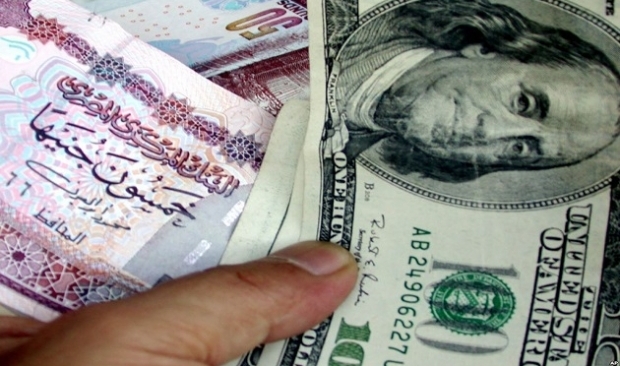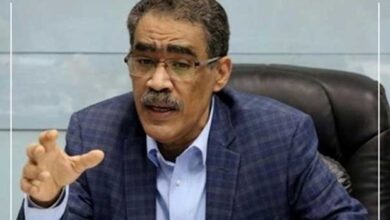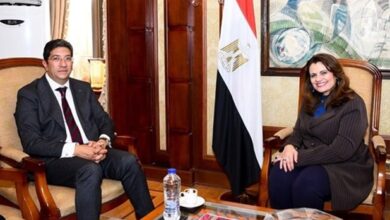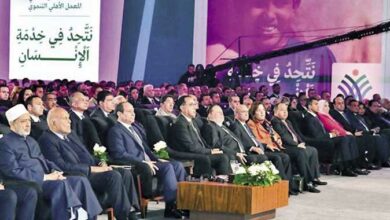Former Mubarak regime figures are leading the ruling Supreme Council of the Armed Forces into “more confrontations” with civil society, Egyptian NGOs said in a joint statement Wednesday.
“We will allow the Ministry of Social Solidarity and security bodies to exercise control over civil society activity … the SCAF must realize that its support for or failure to curb the defiance of these Mubarak regime loyalists will intensify the clash between it and democratic and popular forces in Egypt, at the heart of which is civil society,” the statement, signed by nine rights groups, reads.
The statement follows an announcement that the government plans to replace the existing law governing NGO activity, an announcement made against a backdrop of what rights groups say is a government crackdown.
International Cooperation and Planning Minister Fayza Abouelnaga has been at the forefront of recent moves to investigate civil society activities. Her ministry is tasked with overseeing the transfer of funds from abroad to NGOs in Egypt.
In late December, public prosecution officials accompanied by armed riot police raided the offices of 17 NGOs operating in Egypt, including three based in the United States.
The raid was part of what Abouelnaga described as a legitimate investigation into NGO funding sources, saying that groups like the National Democratic Institute and the International Republic Institute are breaking the law by operating in Egypt without Social Solidarity Ministry authorization.
The NDI has been operating in a legal grey area since 2005, when it opened its office and applied for registration with the Foreign Ministry.
“In a meeting with NDI, the then-minister assured [NDI] that all of its papers were in order and that the registration would be approved within four to five weeks,” the institute said in a statement issued earlier this month.
“NDI was repeatedly told that registration would eventually be granted. At no time was NDI asked to stop its work or close its office,” the statement continues.
Rights groups suggest that the legal investigation — initiated after Abouelnaga handed over information about NGO funding to the public prosecution office — is a politically motivated attempt to discredit and weaken civil society.
The draft law is “even more repressive” than the current legislation, Law 84/2002, which has been the target of continual criticism for the control it gives the government over NGO establishment and activity.
The draft also gives the insurance and social affairs minister the power to stop NGO activity and stipulates that government approval must be obtained for all funding, according to state-run newspaper Al-Ahram, which published on Wednesday some details of the draft put forward by the Insurance and Social Affairs Ministry.
Anyone found to have established an NGO for “prohibited activity” could face a year in prison and a fine of up to LE10,000, the draft says, before listing vaguely worded violations such as activity “which threatens national unity or is in violation of public order.”
Insurance and Social Affairs Ministry legal advisor Mohamed al-Demerdash is quoted by Al-Ahram as saying that “there is no animosity toward civil society, but we all have red lines.”
Egyptian NGOs signatory to the statement disagree. They say that the announcement of the draft law follows a meeting last week between Prime Minister Kamal al-Ganzouri, Abouelnaga and Mubarak-era Social Solidarity Minister Ali al-Moselhy, and that the draft put forward is in fact the same one proposed by Moselhy two years ago. That draft was shelved following strong public objection.
“We will only accept a democratic law that permits us to work freely and … makes the judiciary the sole authority with the power to adjudicate between any executive authority and civil society groups,” the NGOs said in their statement.




